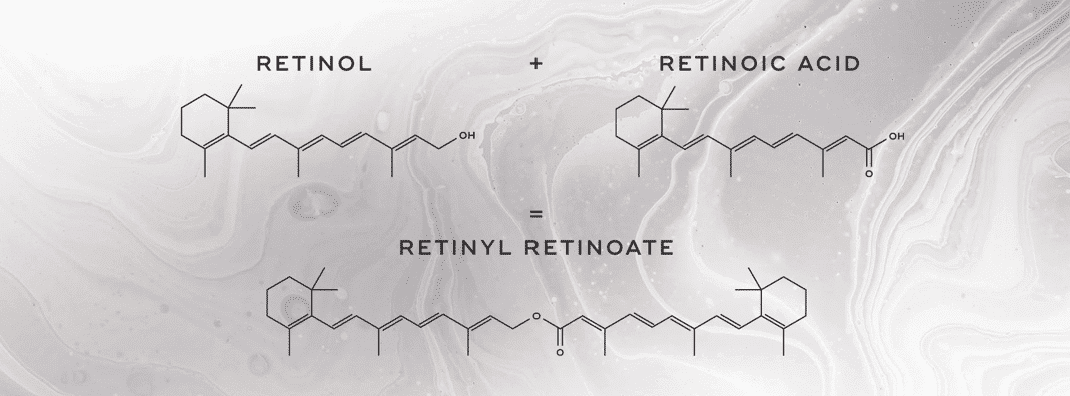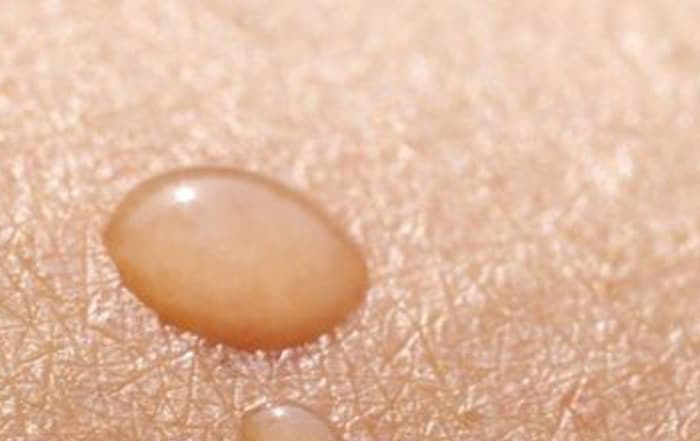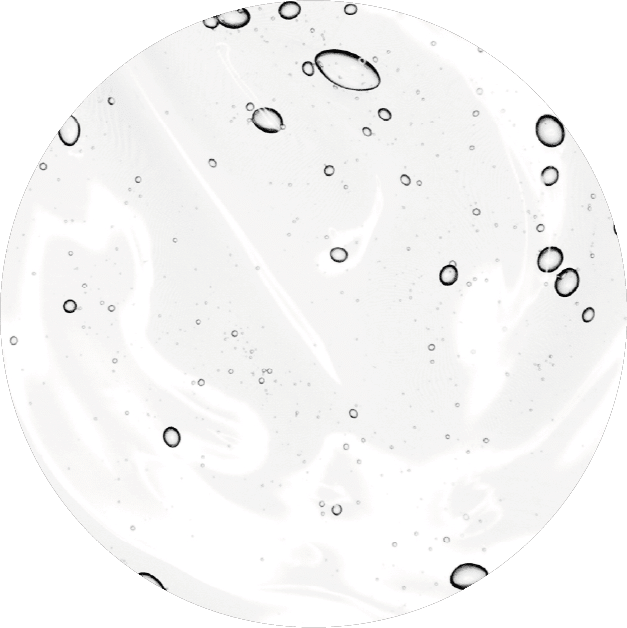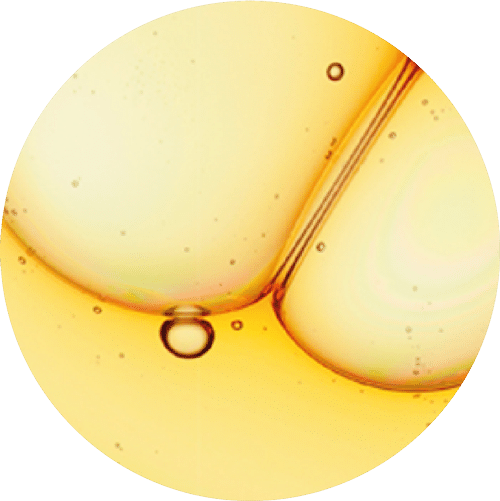Chloé Granet, Quality and Regulatory Coordinator at Physiodermie, is in charge of respecting the specifications of our certified organic formulas. She reveals the truth behind these different acronyms. Faced with the growing demands of consumers regarding their health and the environment, many organic cosmetic labels have been developed in recent years. They offer different guarantees, so that it is sometimes difficult to find your way around.
Here is a quick review.
What are the differences between conventional, natural, organic or certified organic cosmetics?
The so-called “conventional” cosmetics contain components that are mostly derived from synthesis, and more precisely from the petrochemical industry. These unnatural components have no particular affinity with the skin, unlike plant ingredients.
The differences between a natural cosmetic and a certified organic cosmetic are mainly in the composition of the product. Organic certification is a guarantee of quality since it implies compliance with certain requirements regarding the origin and traceability of ingredients. On the other hand, a product, even if it is 100% natural, does not give clear information on the origin of its raw materials and even less on the impact on the planet linked to its production. A natural cosmetic only implies that the ingredients of the product are of natural origin.
Finally, we must distinguish between cosmetic brands that claim to be organic and those that are actually certified as such. Indeed, a certified organic cosmetic is a cosmetic product that respects the specifications of an organic label. It is subject to restrictions in terms of choice of ingredients and manufacturing process by a certification body. This entity authorizes it to use its label so that its approach is identifiable by the consumer. Thus, a certified organic product is necessarily natural since it must be composed of 95% natural ingredients. But conversely, a natural product is not necessarily certified organic: many cosmetic products are natural and not certified organic because the conditions for obtaining an organic label are restrictive and the process is often long and expensive.
How to obtain an organic certification for your cosmetics?
It is important to distinguish between certification bodies and labels. An organic label is a certification issued by a public or private organization. The latter defines specifications that must then be validated by a certification body. They must also be in accordance with the European regulation.
The certification is a verification process through which a company goes to prove to its customers that it respects the commitments it has set. This control is carried out by an independent organization called a certifier. The certification stage is mandatory to obtain the organic label. For the Clinical Swiss Organics Collection, the certifying body is ECOCERT, created in 1991 and the first certifying body to have developed standards for natural and organic cosmetics.
Are all organic skin care labels equivalent?
No, because not all certifying bodies have the same level of requirements. COSMOS® ORGANIC is the most demanding standard in Europe for the certification of natural and organic cosmetics. To obtain this label, at least 20% of the total product must be organic, which is the highest percentage of all labels.










Leave A Comment